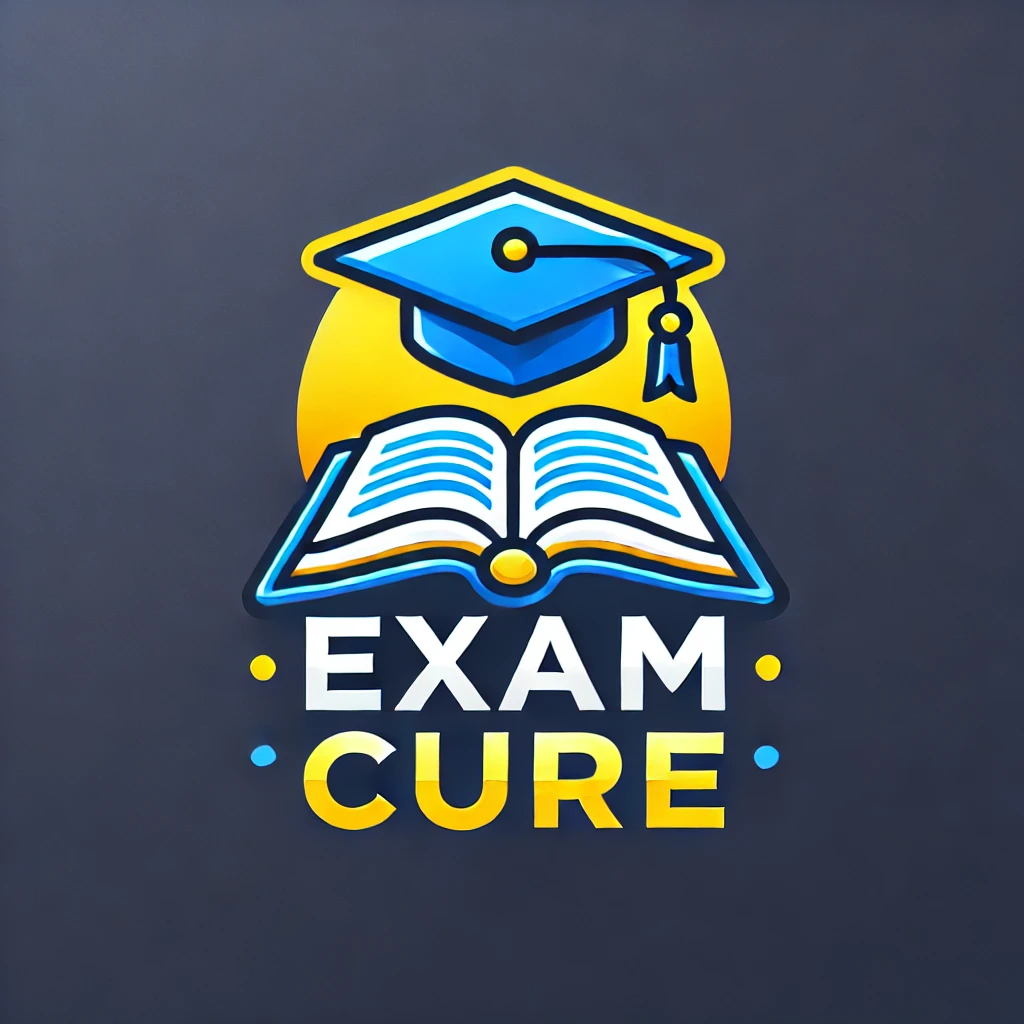🧪 Hematology Clinical Scientist MCQs Bank – 2025
Designed for Hematology Clinical Scientists, this high-yield MCQ bank covers everything from anemia and leukemias to coagulation and blood banking.
✅ 2025 Gulf-ready: DHA, MOH, OMSB, SCFHS, QCHP
✅ 700+ clinical scenario questions + image interpretation
✅ Updated to reflect current hematology guidelines
✅ Ideal for licensing boards across the Gulf & Asia
💳 AED 257 – Join now. Interest-free installments via Tabby.
✅ 2025 Gulf-ready: DHA, MOH, OMSB, SCFHS, QCHP
✅ 700+ clinical scenario questions + image interpretation
✅ Updated to reflect current hematology guidelines
✅ Ideal for licensing boards across the Gulf & Asia
💳 AED 257 – Join now. Interest-free installments via Tabby.
Write your awesome label here.
💰 Pricing
✅ Pass Guarantee
We extend access until you pass.
If you don’t pass the Exam, we’ll continue your access beyond 6 months at no extra cost.
📩 WhatsApp us to activate your extended access.
🔐 6-Month Full Access
$79.99 (≈ AED 295)
One-time payment for 6 months of unlimited access to:
-
MCQs
-
Full explanations
-
Mock test simulations
💳 Flexible Payment Options
Via Tabby (4 Installments)
Pay in 4 interest-free installments via Tabby
(Available in UAE, Saudi Arabia, Kuwait, Bahrain)
📩 WhatsApp us to get your Tabby payment link.
Instant Web Checkout (2 Installments)
Split payment in 2 monthly parts using credit/debit card – no WhatsApp needed.
Course contents
Hematology Clinical Scientist DHA Prometric Exam Overview
How many hours is the Hematology Clinical Scientist Exam?
The Hematology Clinical Scientist Exam is 3 hours
How many questions is the Hematology Clinical Scientist Exam?
The Hematology Clinical Scientist Exam is 150 questions
What topics are covered on the Hematology Clinical Scientist DHA prometric Exam?
More About the Hematology Clinical Scientist DHA Prometric Exam
Hematology Clinical Scientist Prometric Exam
Administered by: Dubai Health Authority (DHA)
Duration: 3 Hours
Number of Questions: 150
Pass Score: 60%
Fee: USD 240
Exam Code: MTH4611
Exam Coverage:
1. Lab Safety
Focus on safety protocols in the hematology laboratory.
Key Concepts:
Understanding and implementing laboratory safety guidelines, handling hazardous materials, and preventing contamination.
Tips: Familiarize yourself with OSHA guidelines and other safety regulations specific to hematology labs.
2. Quality Control
Principles and practices of quality control in hematological testing.
Key Concepts:
Importance of maintaining accuracy, reliability, and validity in lab results.
Tips: Review common quality control measures, including calibration, controls, and proficiency testing.
3. Hematology Analyzer / Automation and Peripheral Blood Film
Use of automated analyzers and manual review of blood films.
Key Concepts:
Operation, troubleshooting, and limitations of hematology analyzers.
Identification of cellular morphology in peripheral blood smears.
Tips: Practice identifying normal and abnormal cell types in blood films.
4. Manual Procedures (Cell Counts)
Manual cell counting methods and techniques.
Key Concepts:
Procedures for performing manual red and white blood cell counts.
Understanding when manual counts are required over automated methods.
Tips: Review procedures and calculations for cell counts.
5. Special Hematology
Advanced topics in hematology, including less common diseases and conditions.
Key Concepts:
Rare hematological disorders and specialized tests.
Tips: Focus on the diagnostic criteria for rare conditions in hematology.
6. Special Stains and Films
Use of special stains for identifying various cell types.
Key Concepts:
Techniques such as Wright’s stain, Giemsa stain, and others for cellular identification.
Tips: Learn the indications and interpretations for commonly used special stains.
7. Coagulation
Mechanisms and testing of blood coagulation.
Key Concepts:
Coagulation pathways, bleeding disorders, and associated tests (e.g., PT, aPTT, INR).
Tips: Understand the interpretation of coagulation test results and their clinical relevance.
8. Transfusion Medicine
Principles and practices of transfusion in clinical settings.
Key Concepts:
Blood typing, cross-matching, and indications for transfusion.
Tips: Focus on compatibility testing and management of transfusion reactions.
9. Blood Banking
Storage, management, and distribution of blood products.
Key Concepts:
Blood component preparation, blood donor screening, and inventory management.
Tips: Review regulations and standards for safe blood banking practices.
10. Body Fluids
Analysis of body fluids other than blood (e.g., CSF, synovial fluid).
Key Concepts:
Laboratory techniques for analyzing body fluids and interpreting results.
Tips: Focus on the significance of findings in body fluid analysis in clinical diagnosis.
11. Ethics
Ethical considerations in hematology practice.
Key Concepts:
Patient confidentiality, informed consent, and ethical decision-making.
Tips: Review ethical guidelines, especially in cases of sensitive patient information and diagnostic procedures.
Study Recommendations:
Blueprint-Based Preparation:
Allocate study time according to the weight of each topic in the blueprint. High-yield areas include coagulation, transfusion medicine, and hematology automation.
Core Textbooks and References:
Use recommended resources such as:
1. Hematology Lecture Notes for Medical Laboratory Students by Yared Alemu, Alemayehu Atomsa, Zewdneh Sahlemariam
2. Clinical Laboratory Hematology by Shirlyn B. McKenzie
3. Anderson's Atlas of Hematology by Shauna C. Anderson and Keila B. Poulsen
4. Dacie and Lewis Practical Hematology by SM Lewis, Barbara J. Bain, Imelda Bates
Practice with Clinical Cases:
Familiarize yourself with clinical scenarios to apply theoretical knowledge in practical settings.
Mock Tests:
Take timed practice exams to improve pacing and comfort with the question format.
Review Guidelines and Diagnostic Criteria:
Focus on diagnostic criteria, testing protocols, and best practices in laboratory management for hematology.
---
This structured outline is designed to help you focus your studies on high-yield areas for the Hematology Clinical Scientist Prometric Exam, emphasizing both theoretical knowledge and practical application in a clinical lab setting.

